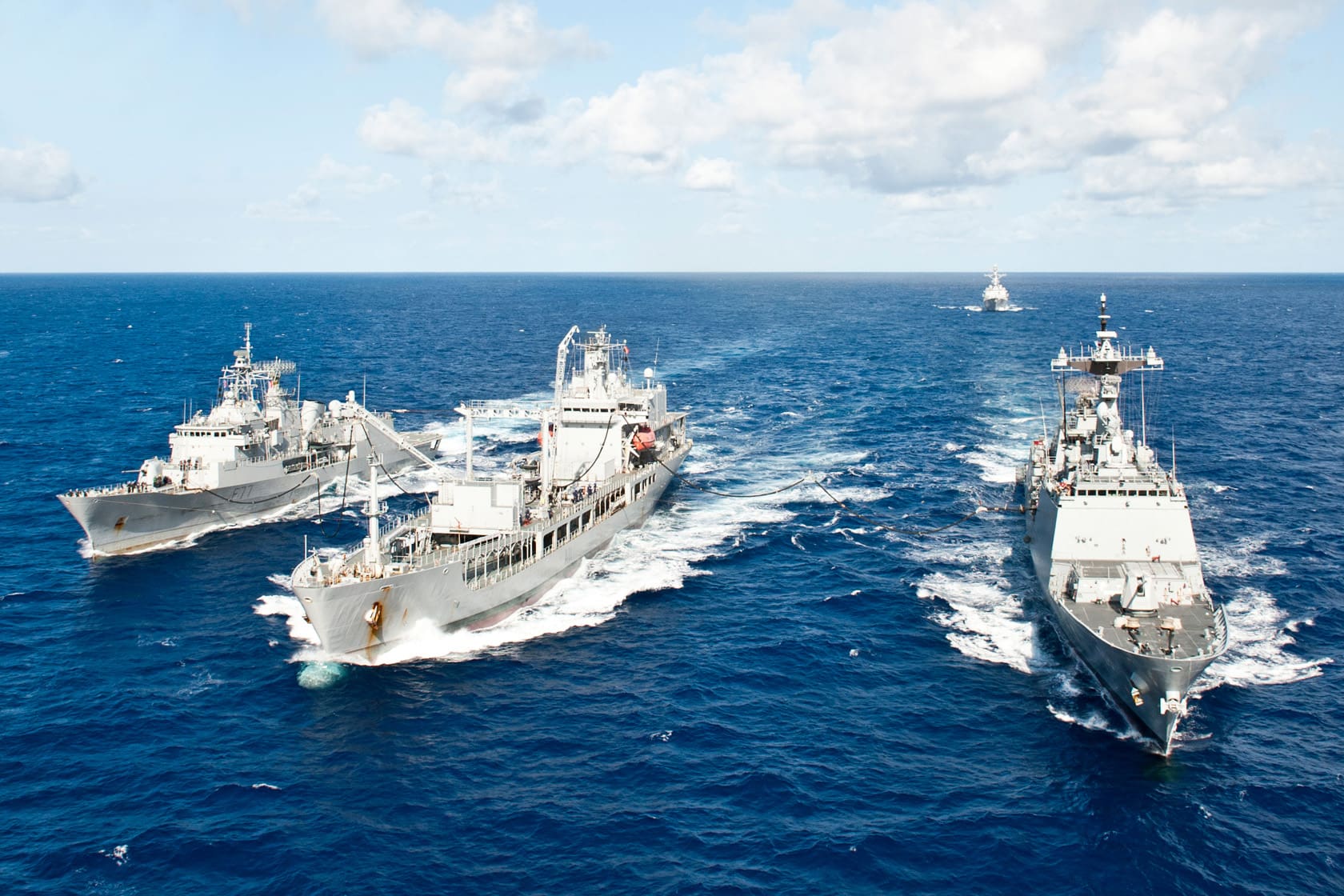The heads of the governments of Australia, the United Kingdom and the United States have agreed on the AUKUS submarine plan in a meeting on Monday 13 March. The deal procures up to eight nuclear-powered vessels and increases naval cooperation between the countries. It is forecast to cost up to $368 billion over the next twenty years, with Australia spending $9 billion over the next four.
The deal is split into phases as it will take at least two decades for Australia to develop an industry capable of building nuclear-powered submarines. The first stage involves a greater presence of American vessels in Australian ports and Australian personnel will join American sailors for training purposes.
In the next stage, three United States Virginia class submarines — pending congressional approval — are to be sold to Australia and placed in service from the early 2030s, with an option for two more.
During the final stage, the UK and US will develop a new class of submarine, SSN-AUKUS, with the first to enter service in the UK in the late 2030s, and the first Australian vessel to enter service in the 2040s. Australia will begin construction on the shipyards for the submarines this year, and intends to start building SSN-AUKUS submarines by the end of the decade.
Prominent political figures have criticised the deal. When the deal was first proposed under the Morrison government, the then Prime Minister of Malaysia warned against a potential nuclear arms race in the Indo-Pacific region. Paul Keating, former Prime Minister, has described the deal as “the worst international decision by an Australian Labor government” since the introduction of conscription in the First World War.
Dr Alison Broinowski AM, President of Australians for War Powers Reform, voiced concerns about Australia’s sovereignty in a deal with the superpowers, “raised by two former prime ministers, large sections of the union movement, and multiple defence and security experts.”
Broinowski questioned the process by which the government has agreed to this deal, asking, “How can such enormous allocations be given the green light without any reference to Parliament? Will other government programs suffer cuts to pay for submarines that won’t even arrive for 20 years?”
Peter Dutton, opposition leader of the Liberal Party, has expressed support for cuts to the National Disability Insurance Scheme (NDIS) in order to fund the deal. Bill Shorten, Labor Minister for the National Disability Insurance Scheme, has since responded that “defence spending comes out of the defence budget” expressing disappointment at the Liberals for “backflipping on their bipartisan support for the NDIS.”





